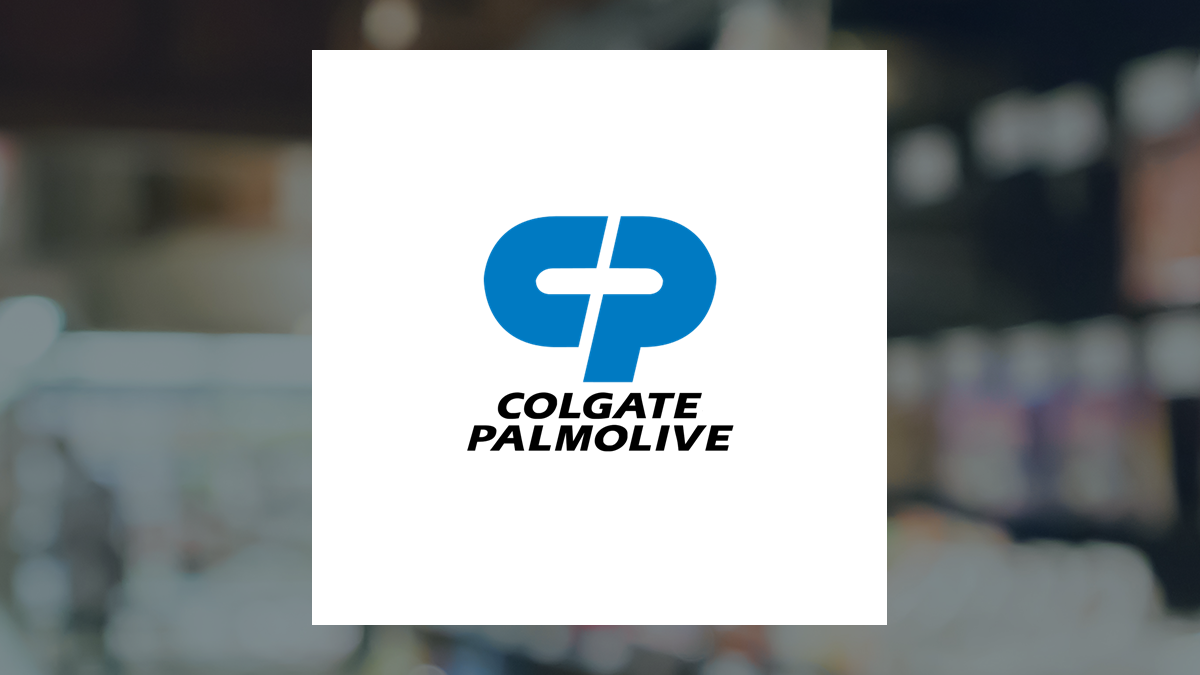 Colgate-Palmolive Company’s strong performance in Asia Pacific, driven by India, the Philippines, and Australia, offset declines in Greater China. Operating profit in Asia Pacific rose due to increased gross profit from cost savings and pricing, despite higher expenses. Management focuses on funding-the-growth initiatives to lower costs and improve efficiency. Key risks include geopolitical events and market challenges. CL prioritizes sustainability and innovation for long-term growth. Forward guidance emphasizes sales growth, profit margins, and adapting to evolving market conditions. Overall, Colgate-Palmolive aims for sustainable and competitive growth.
Colgate-Palmolive Company’s strong performance in Asia Pacific, driven by India, the Philippines, and Australia, offset declines in Greater China. Operating profit in Asia Pacific rose due to increased gross profit from cost savings and pricing, despite higher expenses. Management focuses on funding-the-growth initiatives to lower costs and improve efficiency. Key risks include geopolitical events and market challenges. CL prioritizes sustainability and innovation for long-term growth. Forward guidance emphasizes sales growth, profit margins, and adapting to evolving market conditions. Overall, Colgate-Palmolive aims for sustainable and competitive growth.
Executive Summary
Financials
Revenue growth has been driven by strong performance in Asia Pacific, particularly in India, the Philippines, and Australia, offset by declines in Greater China. The increase in operating profit in Asia Pacific was mainly due to higher gross profit from cost savings and increased pricing, partially offset by higher expenses. Operating expenses have increased due to higher overhead costs, partially offset by reduced advertising expenses. This led to changes in cost structures, specifically in selling, general, and administrative expenses for Colgate-Palmolive Company. The company’s net income margin for the first quarter of 2024 is not explicitly provided. However, the gross profit margin increased from 56.9% to 60.0%. This improvement suggests a stronger bottom line performance, potentially outperforming industry peers.
Management Discussion and Analysis
Management has undertaken funding-the-growth initiatives to lower costs and increase asset utilization. This includes reducing direct materials costs, consolidating suppliers, and increasing manufacturing efficiency. The success of these initiatives is not explicitly stated in the context provided. Management assesses the company’s competitive position through market share data from third-party vendors, focusing on sales relative to the industry. They highlight potential disruptions from pricing pressures, geopolitical events like the war in Ukraine, and challenges in global supply chain and economic conditions. Management identified geopolitical events, market conditions, and pricing pressures as major risks. Mitigation strategies include monitoring impacts, taking measures to mitigate effects, and focusing on organic growth, innovation, and efficiency to manage challenges and increase shareholder value.
Key Performance Indicators (KPIs)
Risk Assessment
Geopolitical events (war in Ukraine, Israel-Hamas conflict, China-Taiwan tensions) and challenging market conditions pose risks to the company’s operations and financial performance. These factors may lead to pricing pressures, strained retailer relationships, and uncertainties affecting business outcomes. CL assesses and manages cybersecurity risks by closely monitoring geopolitical events, investing in a resilient global supply chain, and implementing measures to mitigate the impact of uncertain market conditions. They believe their strong financial position and focused business strategy will help navigate digital risks effectively. Yes, the company faces various legal proceedings and environmental matters that could impact its financial position and reputation. Management establishes accruals for loss contingencies and monitors exposure to mitigate potential risks.
Corporate Governance and Sustainability
The board of directors is led by Gregory O. Malcolm, who serves as the Executive Vice President and Controller. There are no notable changes in leadership or independence mentioned in the document. The company’s governance practices and workforce do not explicitly address diversity and inclusion. There is no indication of a commitment to board diversity in the provided information. CL demonstrates its commitment to responsible business practices through sustainability initiatives, such as maximizing the impact of sustainability and social impact strategies, focusing on innovation and digital capabilities, and investing in brand development and strong consumer relationships. ESG metrics include climate-related disclosures, governance, risk management, and greenhouse gas emissions.
Forward Guidance
The company’s forward-looking guidance addresses strategic initiatives by focusing on sales growth, profit margins, new product introductions, cost reduction plans, and global economic conditions. These priorities align with the annual report’s emphasis on innovation, competitiveness, and financial performance. CL is factoring in geopolitical events, challenging market conditions, and evolving retail landscapes into its forward-looking guidance. It plans to capitalize on these trends by driving organic sales growth, pursuing innovation, expanding into higher-growth markets, and focusing on operational efficiency. The forward-looking guidance suggests a focus on cost reduction, innovation, acquisitions, and sustainability, indicating Colgate-Palmolive’s commitment to long-term growth and competitiveness.
For more information:
This article was created using artificial intelligence technology from Klickanalytics.
